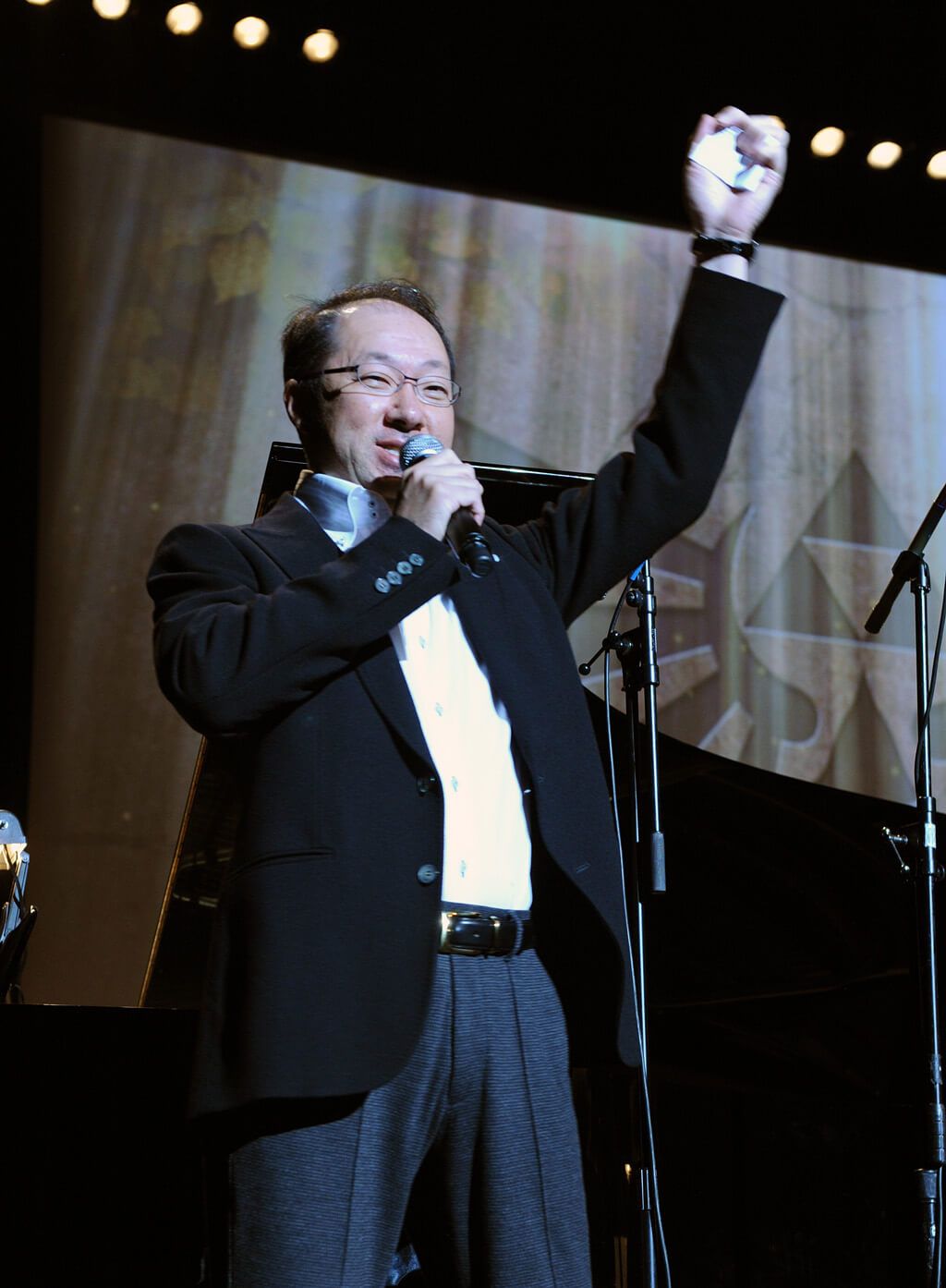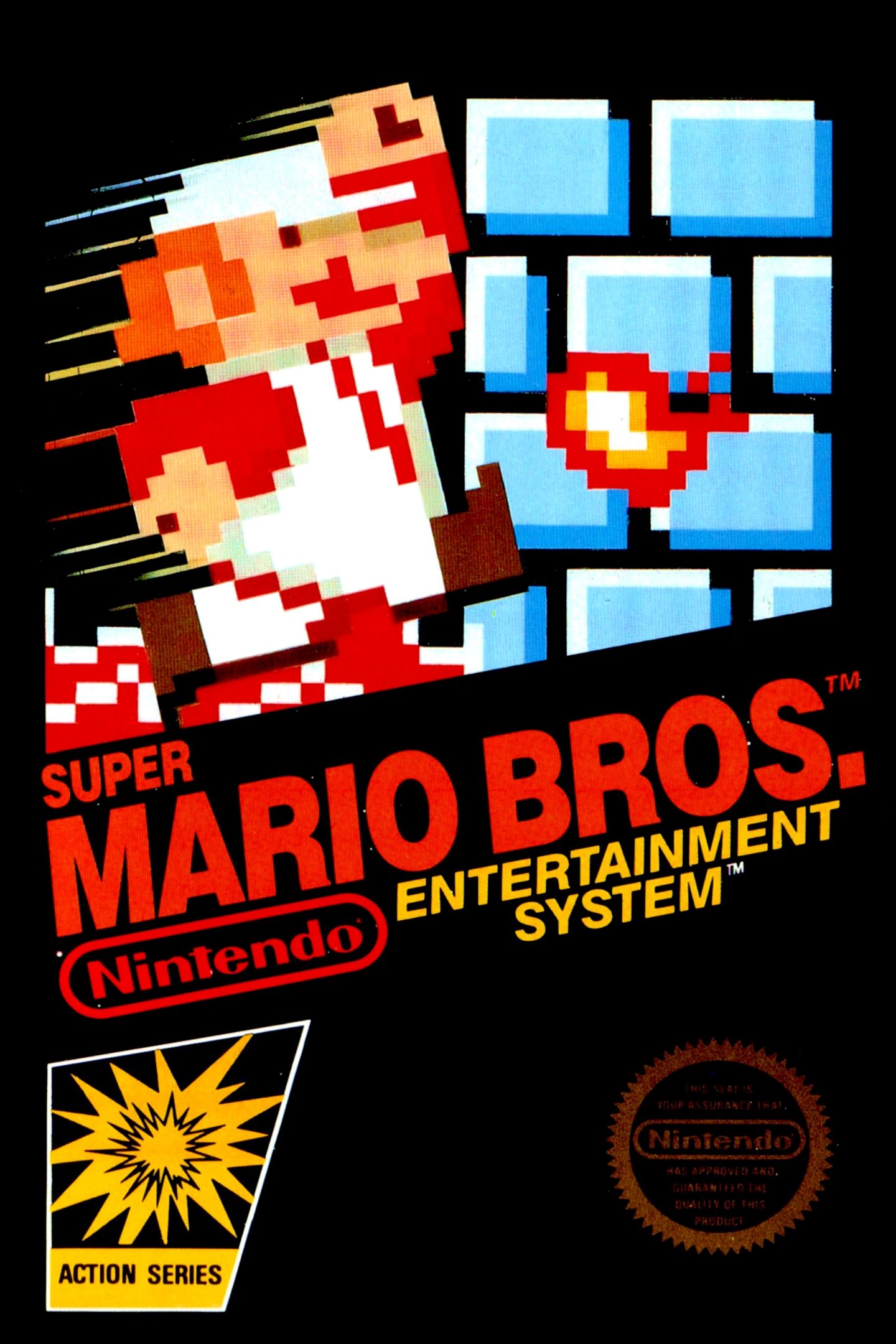
Behind the Scenes: Unveiling the Making of the Legendary Super Mario Bros Theme by Nintendo's Composer

Discover the fascinating journey of a Nintendo composer as he unveils the secrets behind crafting the unforgettable music of the legendary Super Mario Bros game, including the creation process of the iconic Ground Theme
Article Key Points
The composer of the original Super Mario Bros. game, Koji Kondo, explains how he created the iconic "Ground Theme" music.
Kondo initially created a calm and soothing melody, but it was discarded due to its lack of compatibility with the energetic gameplay of Mario's running and jumping.
Feeling the pressure, Kondo aimed to produce enjoyable music by utilizing only three notes that didn't adhere to a particular genre but captured the very spirit of Super Mario Bros.
The composer of the original Super Mario Bros. provides detailed insights into the creation of the game's music, specifically the iconic "Ground Theme." When it comes to recognizable video game music, the Super Mario Bros. "Ground Theme" is often mentioned as one of the top choices. Serving as the first piece of music players encounter while playing the original NES game, it sets the tone for the initial level. This theme has since become a staple in the entire franchise, appearing in spin-offs, mainline platformers, and even the recent theatrical film.
Koji Kondo, the original composer, played a pivotal role in establishing the memorable themes and motifs found in various Nintendo franchises. Having started collaborating with Nintendo since 1984, Kondo's involvement began with Punch-Out!! for the NES, where he created the game's sound effects. He continues to work with Nintendo to this day, with one of his recent achievements being the composition of the music for the newly released Super Mario Bros. Wonder. Recently, Kondo shared his creative process for the original Super Mario Bros., shedding light on the development of the game's remarkable music.
In an NHK interview (translated by Nintendo Everything), Kondo revealed that his initial rendition of the soundtrack had to be discarded. The vivid imagery of the expansive sky and lush grassland in the original Super Mario Bros. had left a profound impression on him. Originally, Kondo had composed a soothing and calming melody, but he soon realized it clashed with Mario's energetic movements and his encounters with enemies. Consequently, he had no choice but to abandon the composition, leading him to create the cherished theme that fans have come to know.
According to Kondo, the track was discarded by other staff members who found it "weird." They agreed that while the initial version of the theme suited the background, it did not match the gameplay. In response, Kondo approached the theme's rhythm by aligning it with the physical sensations of running and jumping. To capture the essence, he played Super Mario Bros. multiple times, ultimately achieving the desired melody and tempo.
Kondo shared that he faced immense pressure as the original Super Mario Bros. marked his first opportunity to compose background music. Previous games he had worked on focused solely on sound effects. Nonetheless, despite feeling the weight of expectations, he aimed to create enjoyable music that was completely unprecedented, using only three notes. When asked about the theme's genre by his peers, Kondo emphasized that he had not designed it with a specific genre in mind. Instead, it simply constituted video game music meant to harmonize with the essence of Super Mario Bros.
The Super Mario Bros. franchise was released on November 17, 1985, for the Nintendo Entertainment System. Developed by Nintendo R&D4 and published by Nintendo, the game can be completed in approximately 2 hours according to How Long To Beat.
Editor's P/S
As a Gen Z netizen, I grew up playing Super Mario Bros. and the music is very nostalgic for me. I love the upbeat and catchy melody, and it always gets me pumped up to play the game. I think it's amazing how Koji Kondo was able to create such an iconic piece of music using only three notes. It just goes to show that sometimes, the simplest things can be the most effective.
I also appreciate the fact that Kondo was willing to scrap his original composition when he realized it didn't fit the gameplay. It shows that he was willing to put in the work to make sure the music was perfect. I think this is a great lesson for all of us, no matter what we're doing. It's important to be willing to change our plans if we realize they're not working. Sometimes, the best way to move forward is to start over.















